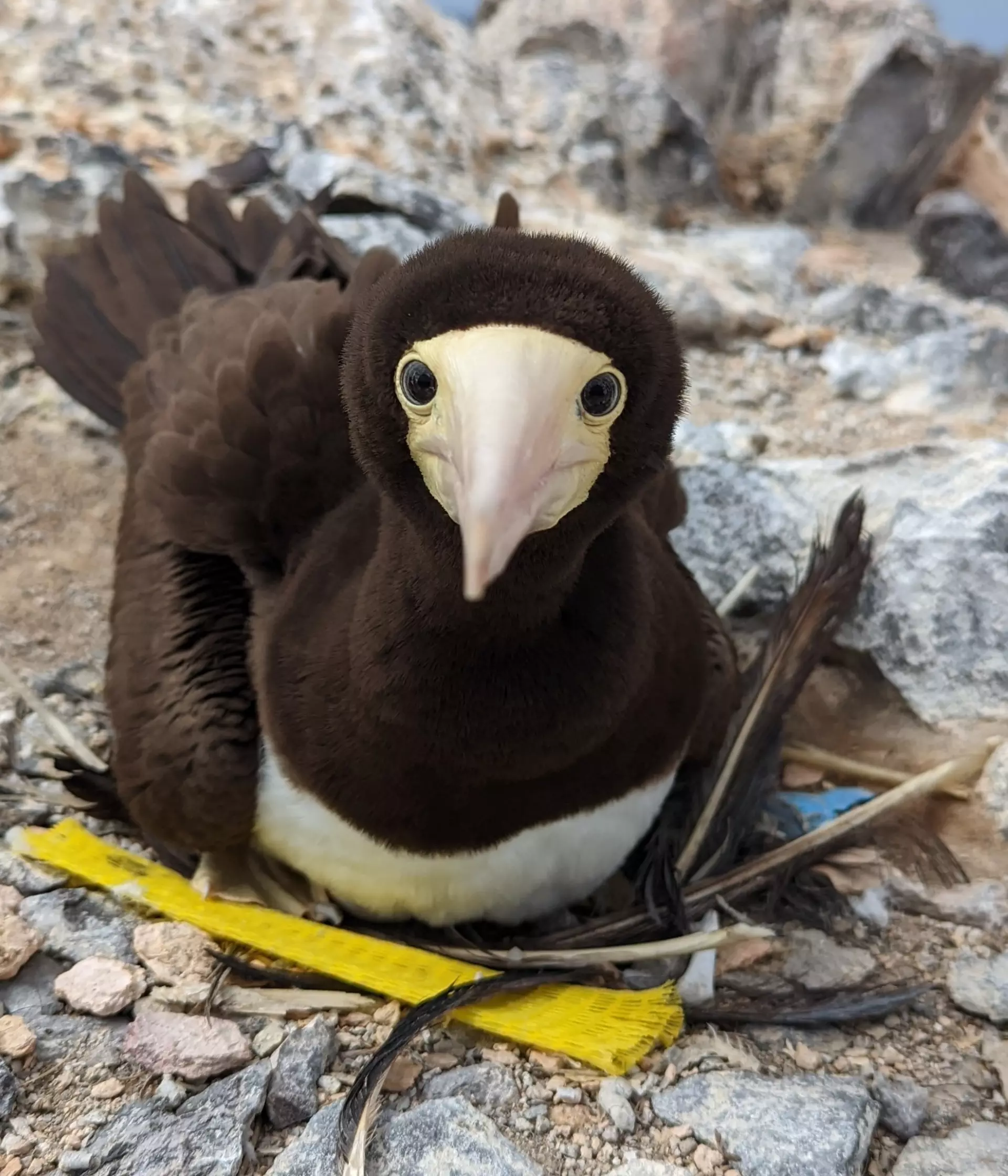We are calling for an ambitious international legally binding treaty, that is driven by and representative of the needs of local actors and effectively protects biodiversity.
With over 10 years of experience working on the impacts of plastic pollution on wildlife and communities, we are contributing scientific expertise, data and knowledge to ensure that the treaty text is strengthened, and implementation mechanisms designed, to deliver in the following areas:
- Biodiversity protection
- Local community voices
- Science-based solutions
- Accountability and compliance
REad our joint position statement here READ OUR BIODIVERSITY PRIMER
Created in partnership with Fauna & Flora
What is the UN Plastics Treaty?
In March 2022, a meeting of the UN Environment Assembly in Nairobi saw member states agree a resolution titled ‘End Plastic Pollution: Towards a Legally Binding Instrument’, kick-starting the process for an International Negotiating Committee (INC) to develop a legally binding UN Treaty on plastic pollution by the end of 2024. The aim of the INC process is to create a legally binding agreement with a full lifecycle approach to plastics – looking at the issue from the creation and use of petrochemicals through to production, use and disposal, alongside the role of the circular economy and enabling sustainable consumption and management. If successfully implemented, this Treaty could be the major international turning point in the battle against plastic pollution and its impact on the natural environment.
Why should we tackle plastic pollution?
Plastic is at the forefront of the three interlinked planetary crises that we currently face: climate change, biodiversity loss and pollution. Humans are mismanaging and polluting the world with plastic at an alarming rate. As a material that’s designed to last, once plastic is littered, dumped, or leaked into the environment, it stays there for hundreds of years - eventually breaking down into microplastics. Approximately 14 million tonnes of plastic enter the ocean every year, and over 900 different animal species have been documented to be negatively impacted by plastic – through ingestion, entanglement, injury and mortality, from turtles, to sharks, to corals, whales and dolphins. Plastic production rates are expected to triple by 2060 if no action is taken, and there will be more plastic than fish in the ocean by 2050.
How is ZSL engaging in the treaty?
- October 2023: creation of a Joint Position Statement to drive an effective and inclusive UN Global Plastics Treaty, informed by the insights from our global consultations.
- September 2023: two online consultations held with global communities to ensure the treaty is truly driven by the needs of those on the frontline of plastic pollution. These conversations surfaced diverse experiences, unique challenges, and requirements for an effective treaty. Over 20 nations were represented on these calls, including Antigua, Ascension Island, Cameroon, Georgia, India, Kenya, Mongolia, Mozambique, Nicaragua, Sao Tome & Principe, St Helena, St Lucia, Turkey and the UK.
- August 2023: ZSL partnered with Fauna & Flora to create Submission A - Scope & Principles including elements not discussed at INC-2, with a focus on biodiversity and local communities. We also signed on in support of their Submission B - with a specific focus on microplastics.
- May 2023: ZSL delegation travelled to Paris to take part in INC2; the second round of negotiations for this important new Treaty - read the blog here.
How is ZSL working to tackle plastic pollution?
We are very excited to be part of the discussion towards this new global treaty to end plastic pollution. As an international wildlife conservation organisation, ZSL is continually gathering insights from colleagues and partners around the world – and a key priority for us is to ensure these voices are being heard in the negotiations.
For over 10 years, ZSL’s conservation and policy team has been working to understand the impacts of plastic on marine wildlife and ecosystems, how it moves through our systems, into and across the ocean, and where it accumulates. We’ve been working with local communities in project sites around the world to study, document and mitigate these impacts – and to trial interventions to stop plastic entering the environment in the first place – through systemic change and community-driven approaches.
Projects such as South Atlantic Plastics, #OneLess, Net-Works (now Coast4C), Project Ocean, and Sea to Source have informed this understanding and helped the global fight against plastic pollution. Much of this work has focused on the misuse and mismanagement of single-use plastic – plastic that is only used once before being discarded, and often littered, such as water bottles, and food and product packaging. All over the world we have documented single-use plastic items washed up on shores – from remote islands in the Indian Ocean, to the River Thames in London, UK.
